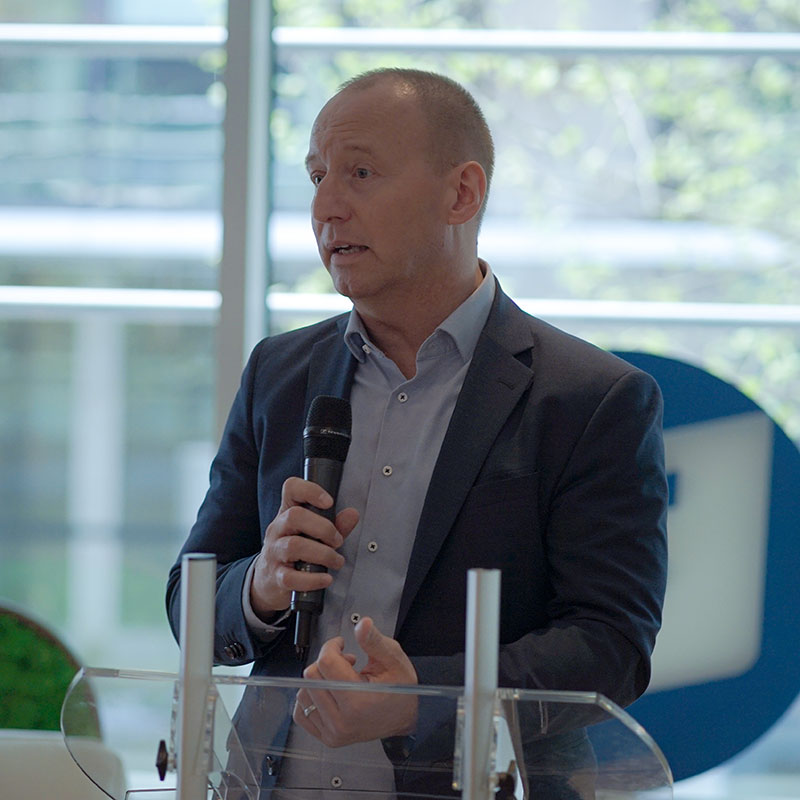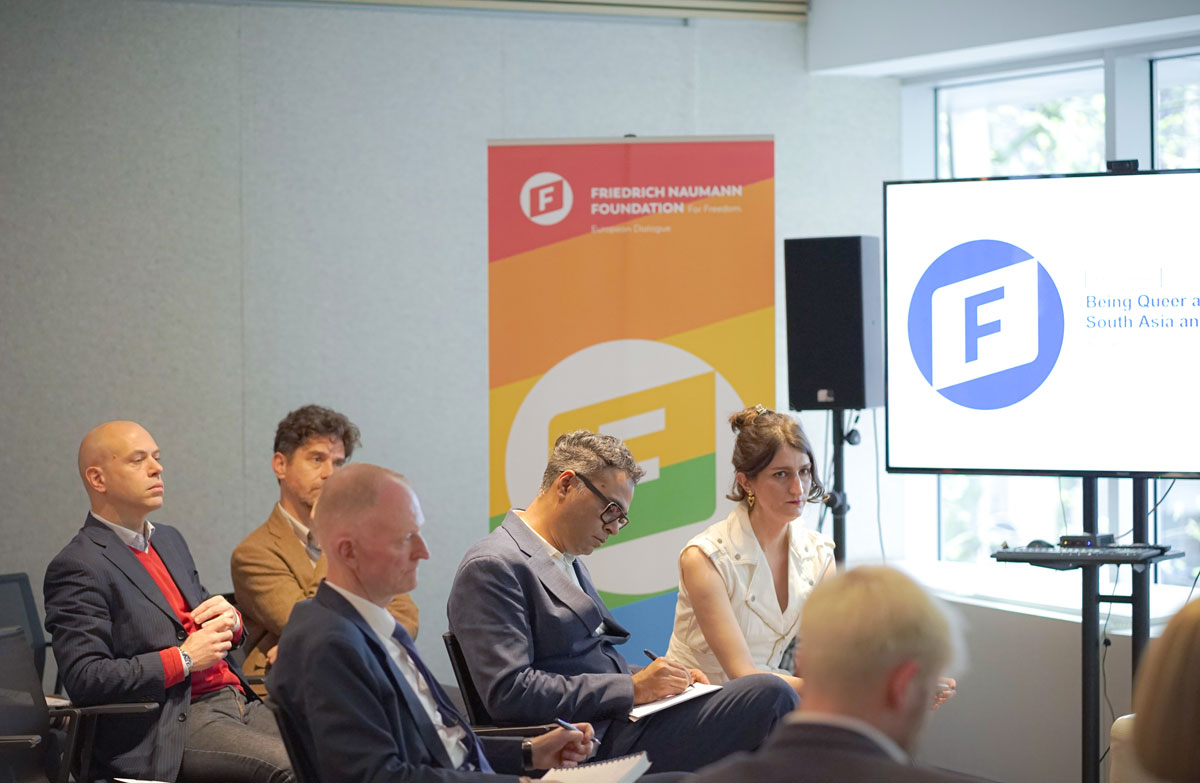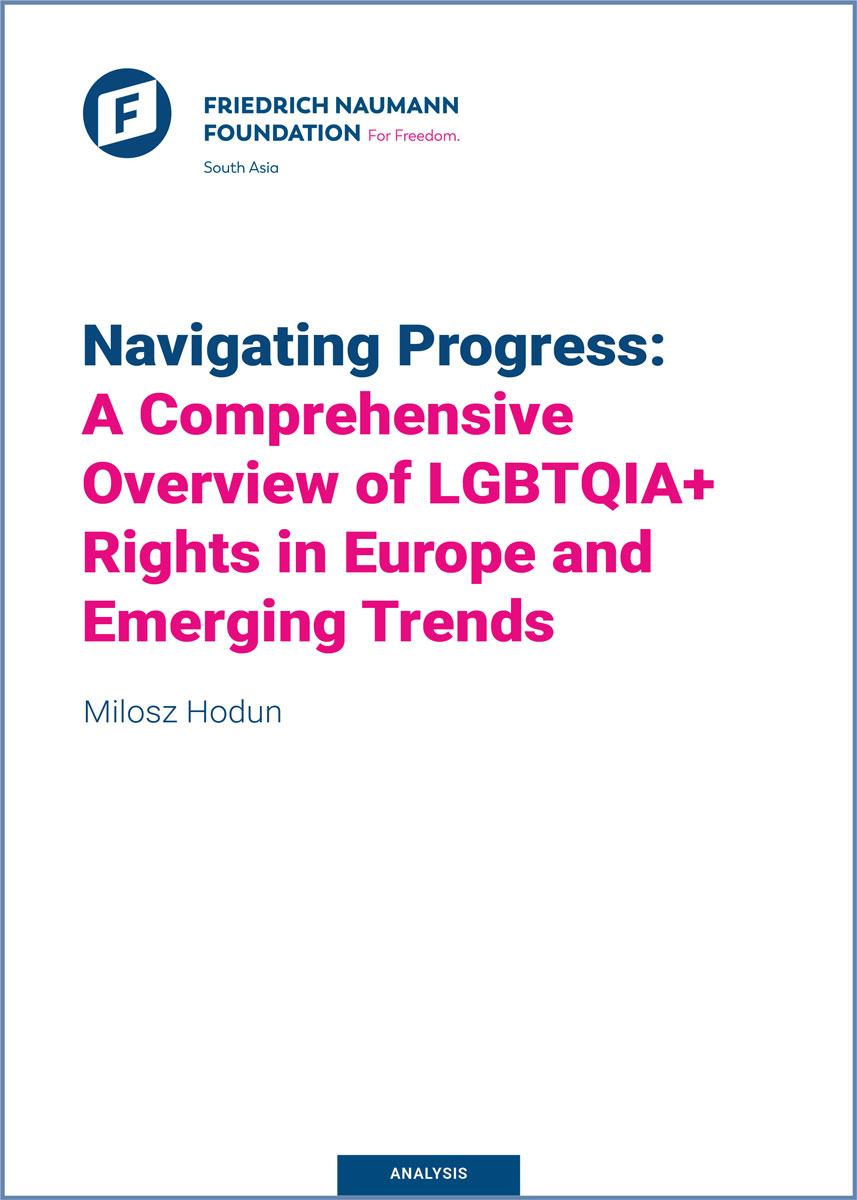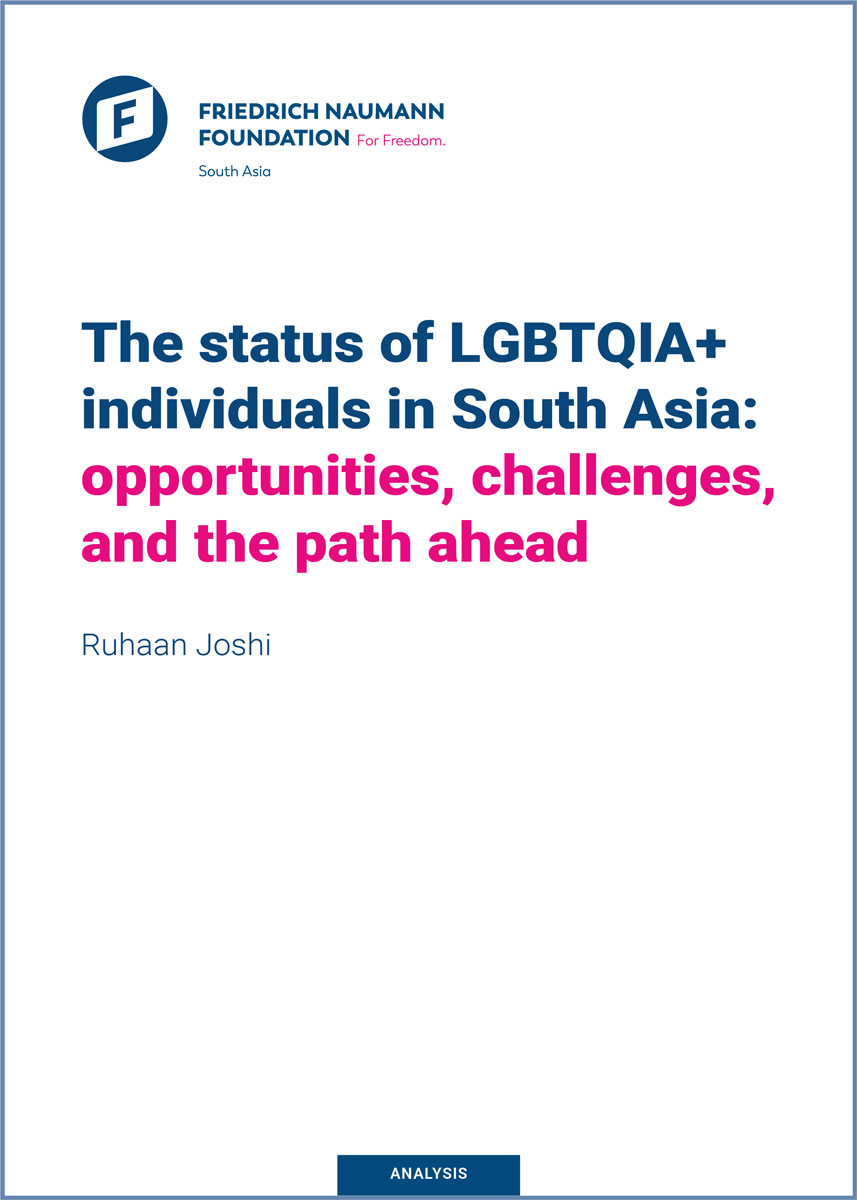Being Queer and LGBTQIA+
in South Asia & Europe

The European Union stands as a global advocate for LGBTIQA+ rights, in recent years witnessing legal and social improvements within Europe. Key EU institutions, such as the Commission and the Parliament, actively promote LGBTIQA+ rights through initiatives like the LGBTIQA+ Equality Strategy 2020-2025. This strategy addresses discrimination, ensures safety, fosters inclusive societies, and champions global equality for the LGBTIQA+ community. Despite these efforts, a growing divide exists between the more progressive North and West and the more conservative South and East within EU member states. Moreover, beyond the EU, numerous European countries face challenging and in some cases, life-threatening situations for LGBTIQA+ individuals.
In a broader European context, LGBTIQA+ rights continue to encounter challenges, turning Europe into a battleground where right-wing populists promote discrimination, hate speech, homophobia, and transphobia. Successes by these populists in forming governments have led to the erosion of hard-won achievements by previous generations of activists and inclusive decision-makers. The socio-political discussions of the past decade on LGBTIQA+ rights have highlighted key themes, including hate speech and hate crimes, trans rights, migration and asylum. In South Asia, progress in LGBTIQA+ rights is unfolding amidst a complex interplay of change and challenges. Over the past two decades, increased visibility and legal recognition have been evident. However, the region grapples with the influence of right-wing governments, populism, economic crises, and socio-political unpredictability.
The South Asia and European Union offices of the Friedrich Naumann Foundation for Freedom in Brussels organized the European Dialogue to better understand the state of being Queer & LGBTIQA+ in South Asia and Europe. Through this European Dialogue, they sought to actively encourage political debate and develop innovative liberal policies amidst the numerous ongoing elections in South Asia and the upcoming European Union elections in 2024. This diverse panel delved deeply into the contemporary landscape of being Queer and LGBTIQA+ in both regions, exploring the nuanced dynamics of progress, setbacks and delays. The European Dialogue shed light on the reciprocal influence between South Asia and Europe, offering valuable insights into how these regions can actively engage in mutual learning and growth from each other's experiences.
As part of the European Dialogue, FNF publishes two papers: "Being Queer and LGBTIQA+ in South Asia" and "Being Queer and LGBTIQA+ in Europe." Following the publication, a panel discussion took place, featuring diverse guests from South Asia and Europe, including the two authors of the papers.

Michael Kauch, Member of the European Parliament from the Renew Europe Group, emphasized the importance of self-determination for people of all genders in building a diverse society.


Being Queer and LGBTQIA+ in South Asia & Europe
Click for the English subtitles.
Tolerance for diversity


